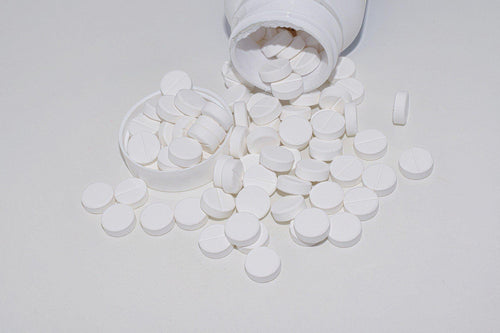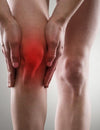
Is a high fat, ketogenic diet good for your cardiovascular system?
Let’s see what science says about the effect of the ketogenic diet on the cardiovascular system.
The goal of this study was to measure changes in glucose, lipid, and inflammation (Rosenbaum
M, et al., 2019).
17 men were put on a baseline control diet for 4 weeks and then switched to a ketogenic diet for
4 weeks.
This is what the researchers found.
Total and low-density lipoprotein cholesterol and C-reactive protein were significantly
increased on the ketogenic diet.
These are all cardiovascular disease risk markers. Especially LDL cholesterol and C-reactive
protein which is an inflammatory marker.
Flow-mediated dilation is another indicator of vascular health.
In this study, obese participants were either consuming high fat or low-fat meals for 6 weeks
(Varady KA, et al., 2011).
After 6 weeks, flow-mediated dilation improved in the low-fat group with a 32% increase and was
impaired in the high-fat group with a 19% reduction.
When 42 participants consumed a ketogenic diet for 6 week LDL cholesterol increased
significantly with 10.7% (Urbain P, et al., 2017).

Research, in general, has shown an increase in LDL cholesterol with a high-fat diet.
Negative effects on the cardiovascular system seem to be a concern with high-fat diets even if
some people may respond more favorably to a ketogenic diet than others.
References:
Rosenbaum M, Hall KD, Guo J, Ravussin E, Mayer LS, Reitman ML, Smith SR, Walsh BT, Leibel
RL, Glucose and Lipid Homeostasis and Inflammation in Humans Following an Isocaloric
Ketogenic Diet. Obesity (Silver Spring). 2019 Jun;27(6):971-981.
Urbain P, Strom L, Morawski L, Wehrle A, Deibert P, Bertz H, Impact of a 6-week
non-energy-restricted ketogenic diet on physical fitness, body composition and biochemical
parameters in healthy adults. Nutr Metab (Lond). 2017 Feb 20;14:17.
Varady KA, Bhutani S, Klempel MC, Phillips SA. Improvements in vascular health by a low-fat
diet, but not a high-fat diet, are mediated by changes in adipocyte biology. Nutr J. 2011 Jan
20;10:8.

- How and why different foods affect you
- How to put together meals that will produce the results you’re looking for
- How to lose weight effortlessly by eating the foods your body needs
- How to gain muscle and improve sports performance.
- How to reduce inflammation and pain
- How to stabilize your moods so you feel happier
- How to lower cholesterol and triglycerides







